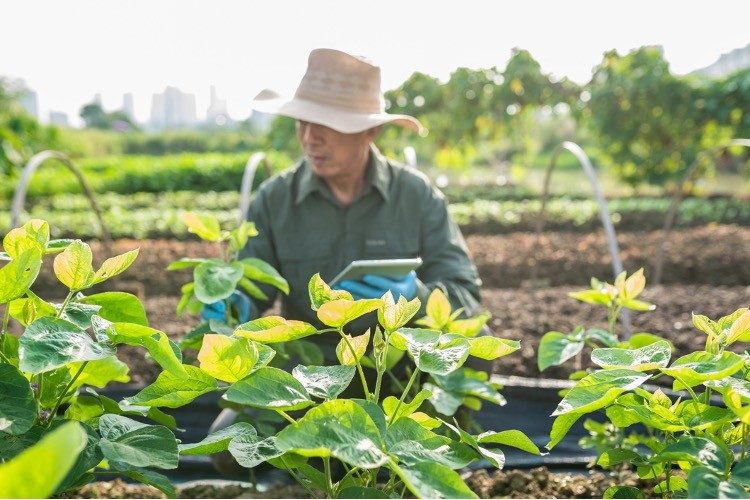
China’s strict Covid-19 controls are coercing farmers into eliminating their harvested crops that they can no longer sell, sparking worries about food shortages and fueling anger on social media.
Videos circulating online depict farmers destroying healthy crops since they could not sell their harvest. Farmers are also destroying fields of vegetables in major producing regions such as Shandong and Henan provinces to make way for the sowing of the next crop, according to local and state media sources.
Such destruction of fresh food has sparked anger among many Chinese residents, as it comes amid existing food shortages, supply disruptions, and draconian Covid-19 lockdown measures. Due to strict movement controls and quarantine orders, harvested vegetables such as Chinese cabbages, radishes, and spinach cannot leave rural areas. Trucks and merchants are either unwilling or unable to access the villages to obtain these agricultural products.
As the supply of fresh food has been further reduced by such food destruction, already-high food costs would escalate even more and undermine authorities’ efforts to protect the food supply and reduce waste. Understandably, public anger has mounted, with protests erupting last weekend nationwide in cities such as Beijing and Shanghai.
According to Farmers’ Daily, there have been challenges transporting vegetables to market due to Covid-19 restrictions. The report quoted Beijing’s Xinfadi market as saying that although farm prices of vegetables have dropped, retail costs have increased.
“Citizens want food, farmers want income, and farming seasons don’t wait for anyone,” the state-backed publication asserted. It called for the authorities to decrease obstruction for vehicles transporting food products, “so that fresh vegetables from the fields can be served hot on the tables of thousands of households.”
Looking at the bigger picture, China’s economic activity slumped in November of this year and could drop further in the near future as Covid-19 measures are still in place in many parts of the country and protests against such strict measures rise.
Bloomberg’s aggregate index of eight early indicators depicted a likely reduction in activity in November from an already muted pace in October. With Covid-19 restrictions not slated to end anytime soon in many major Chinese cities such as Beijing and Zhengzhou, the economic outlook remains stark.
As analysts scale down their economic forecasts even more, China’s central bank is enhancing its stimulus to boost economic growth. According to Bloomberg’s latest survey, China’s economy is slated to expand just 3.3 percent this year. This rate of growth would be the slowest pace since the 1970s, excluding 2020’s pandemic slump.
The People’s Bank of China declared that it will reduce the reserve requirement ratio for banks by 25 basis points, effective next week. This would inject 500 billion yuan of liquidity into the economy, enabling banks to extend more loans to businesses affected by Covid-19 disruptions.
More targeted measures have also been taken recently to boost the property market, presently in its worst downturn on record.
Residents have had their movements across the country and within cities restricted due to the strict “zero Covid” policy. Subway usage has dropped drastically in places such as Beijing, Chongqing, and Guangzhou. Only 12,000 trips were made on Chongqing’s subway last Thursday, well below the daily average this year of 2.7 million trips.
Congestion in major Chinese cities also dropped last week, as restaurants, businesses, and some workplaces closed and people stayed home.
Public fatigue after nearly three years of living under the nation’s Covid policy has also impacted industrial production. The recent riots at an iPhone factory in Zhengzhou illustrate this point.
Moreover, steel output dropped this month and stockpiles rose, based on reports from an industry association, with inventories up more than 50 per cent from the start of the year. Daily production at major steelmakers is well below the recent peak in mid-September.
Besides the slowdown in the domestic economy, overseas demand has started to fall.
Exports and imports both dropped last month, and South Korean imports from China in the first 20 days of the month plummeted by 12.1 percent from a year ago, while South Korean exports to China dropped almost 30 percent. The stock market has been the tiny silver lining, though: It has gathered steam this month after the government eased some Covid-19 restrictions and allocated more support to the housing market. Nonetheless, the benchmark index remains unstable, with stocks dropping on Monday.


